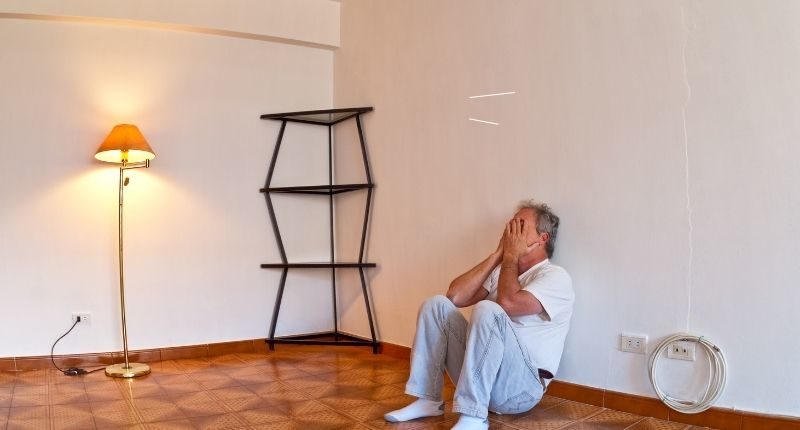- Research suggests said subtle discrimination is prevalent in the rental sector
- Inclusion of secondary dwellings - such as granny flats - intensifies issues
- Those renting informally may experience illegal housing conditions
Despite existing anti-discrimination laws, “biased and subjective behaviour” by landlords, agents and fellow tenants across Australia’s private rental sector is occurring, new research has shown.
The research – ‘Understanding discrimination effects in private rental housing’ – was undertaken for the Australian Housing and Urban Research Institute (AHURI) by University of Sydney researchers. It explored discrimination and existing policy, law and practice in the private rental sector.
The research focuses on the impact of informal tenancies and how the risk of discrimination for people increases due to the role of digital technologies.
“We saw that discrimination can take various forms and may be subtle,” explained lead researcher Dr Sophia Maalsen.
“For example, ethnic minorities may be required to provide more information when applying for a property including employment, relationship status and family size, or be given misinformation about available properties.”
Dr Sophia Maalsen, University of Sydney
Additionally, the research found that agents may invest less time in assisting an applicant from a particular background while showing less positive language.
“These experiences of discrimination are not always overt and, as such, it is difficult to identify and respond to discrimination effectively,” continued Dr Maalsen.
The inclusion of many secondary dwellings – granny flats – has also intensified the growth of the informal housing sector, as has some boarding houses.
A concerning factor of the informal sector is that tenants are living with very limited security of tenure and other rights, resulting in poorer – and sometimes illegal – housing conditions.
Often, these informal tenancies are often advertised on un- or under-regulated digital platforms that can provide opportunities for discrimination that are not permissible in the formal rental sector.
“Since discrimination in the private rental sector reflects, and reproduces, wider structures of economic and cultural disadvantage, it is critical to address these issues both within and beyond the sector,” concluded Dr Maalsen.








